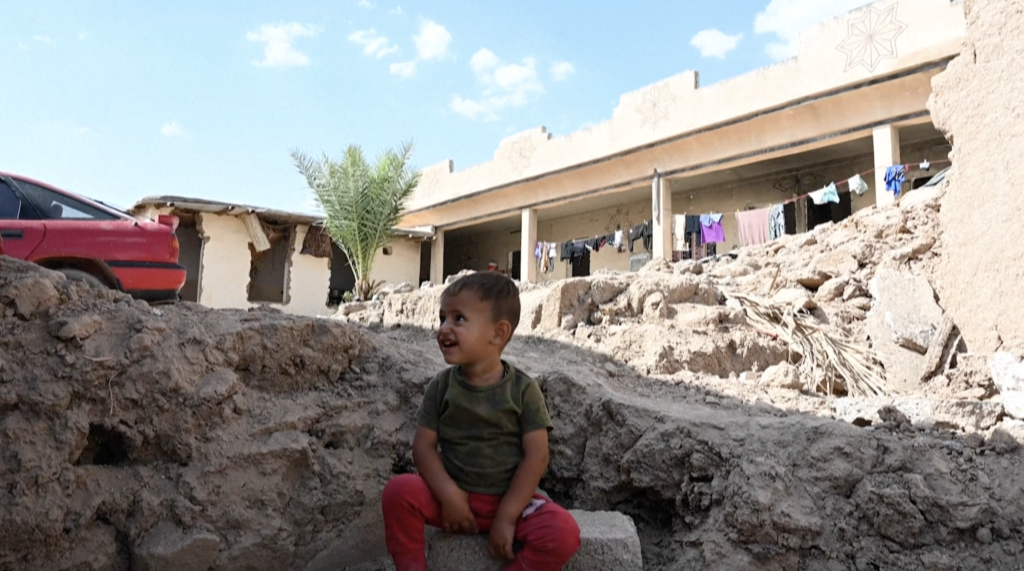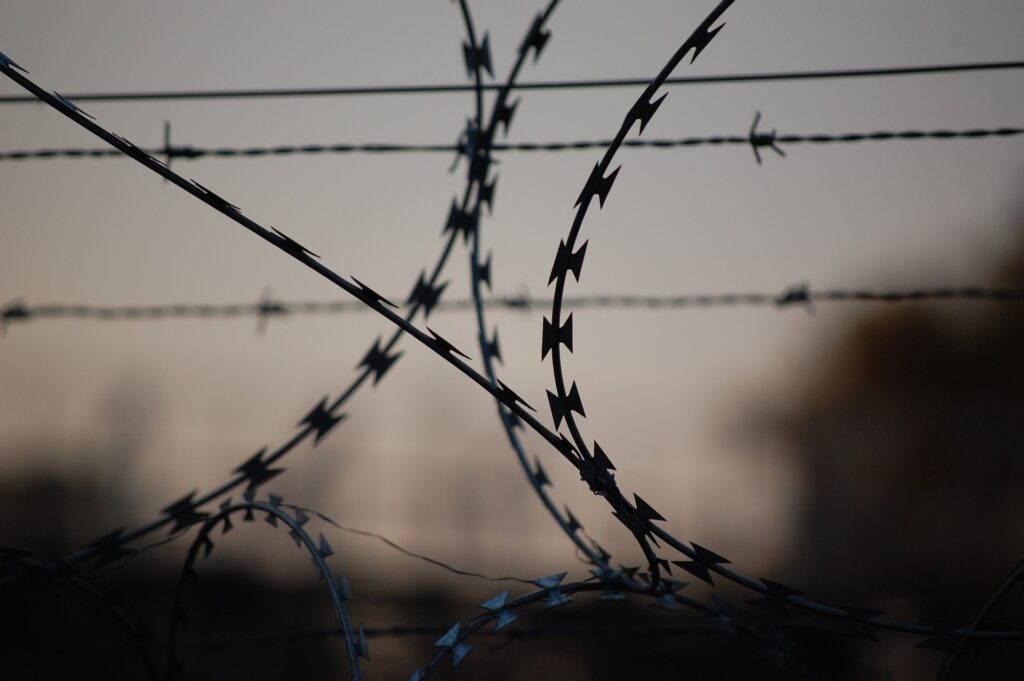Tehran’s tactics are a sign of weakness

Faisal Al-Shammeri
Contrary to commonly held perceptions, the US withdrawal from the Iran nuclear deal is not the reason Iran is acting out. The perspective of the Middle East — particularly the sentiments and interests of the Gulf region, which is situated close to the Khomeinist regime — should always be taken into serious consideration. For decades, the most immediate security threat to the stability of the Middle East and the world has emanated from Tehran, the leading state sponsor of terrorism.
The attack on Saudi oil facilities is not only an attack on the Kingdom but also on the world economy. The reactions of some Western and Middle Eastern news pundits as well as politicians were surprising. All over the news, well before the current crisis, the popular opinion surrounding the attacks on Saudi Arabia suggested these strikes would be the inevitable outcome of Saudi intervention in Yemen. Really?
Perhaps powers of perception fail from time to time, but what does one call Syria? Iraq? Yemen? And who has the most direct involvement in these theaters of war? And attempts to destabilize Kuwait and Bahrain? Iran does. Who keeps the Butcher of Damascus open for business by providing military advisers, uniform soldiers, and non-Syrian volunteers to fight against the Syrian people? Iran does. Who continues to arm terrorist organizations such as Hezbollah? Iran does. Who provided the mortars and rockets that targeted Saudi citizens and turned Najran into a frontline city? Iran does. Who targets embassies with hooligans and delinquents? Iran does. Who currently has some 160 juveniles on death row in the world today? Iran does. Who has executed over 73 juveniles between 2005-2015? Iran has. Who was holding ballistic missile tests in flagrant violation of the nuclear deal before the ink dried on the deal? Iran. Who has called Bahrain their 14th province? Iran.
The Houthi coup in Yemen is only a small step in Iran’s grand plans for a significant takeover: The destruction of the Arab states under the evil Iranian expansion project. Iran forced the Kingdom to fight in Yemen following the legitimate Yemeni government’s request to prevent the Iranian-backed militia on its borders.
US sanctions are hurting the regime in Tehran. The Iranian economy is struggling and they cannot pay for civil services.
Iran responded to these economic issues and sanctions by seizing oil tankers, using their proxies to launch missile attacks. But this did not create the panic Iran hoped for. By attacking Saudi oil facilities, Tehran can create fear in the world economy, so European and other allies can pressure the US to ease the sanctions.
The US and Saudi Arabia cannot ignore the attack. As the leading superpower in the anti-Iran coalition, the US is a security guarantor. The anti-Iran coalition is between a rock and a hard place. If the US does not respond, it will weaken the US partners’ trust and make any future partner think a thousand times before committing to face a common enemy. If the US and Saudi respond harshly, they risk more attacks on the Kingdom.
The reality is Iran is very weak now. Sanctions are crippling the country, and it is playing a dangerous game that could prove costly.



